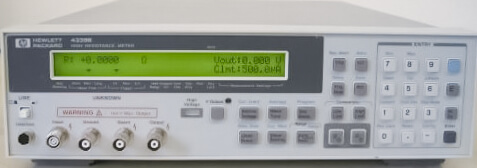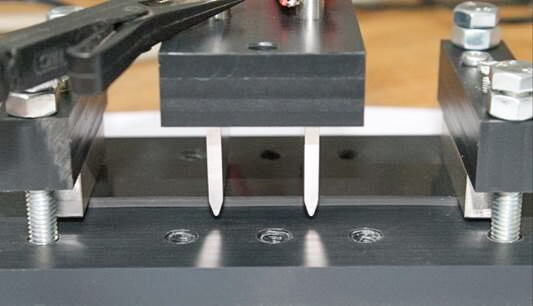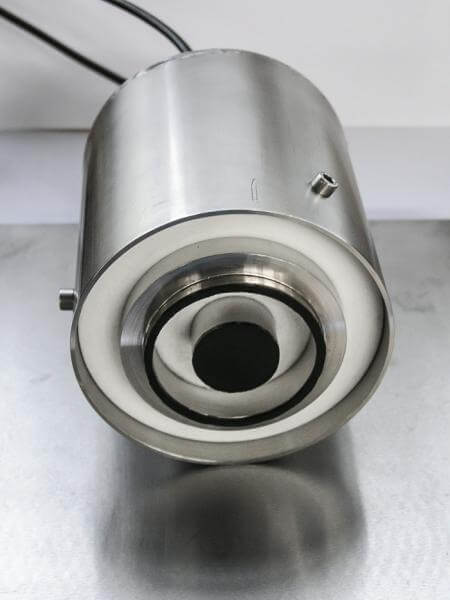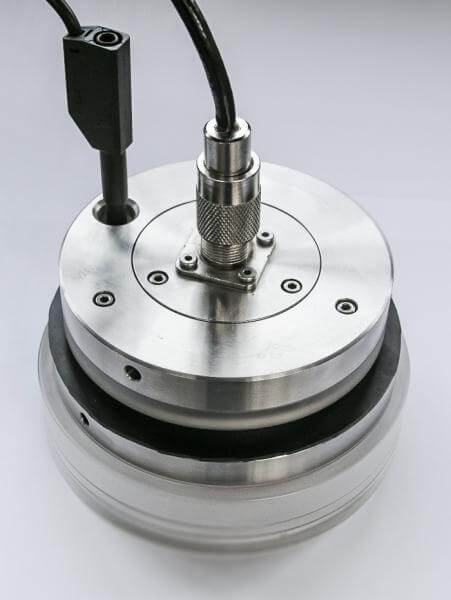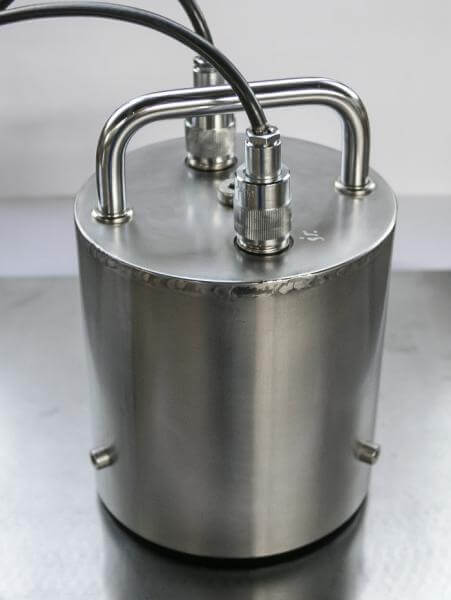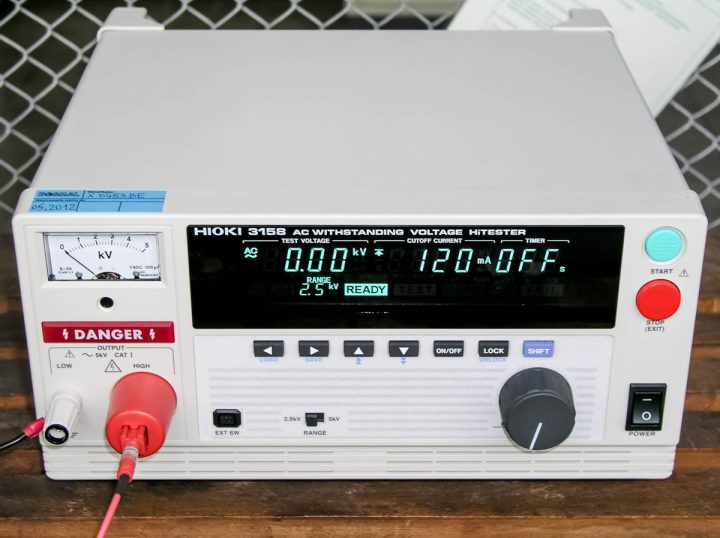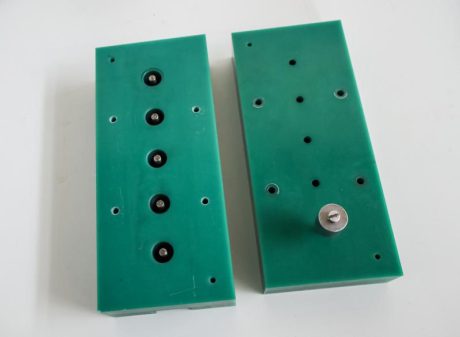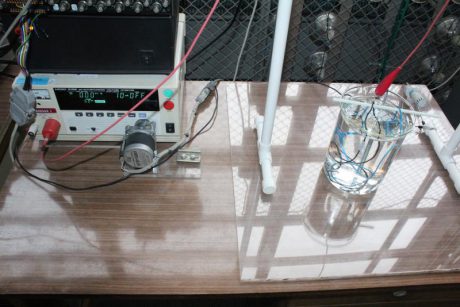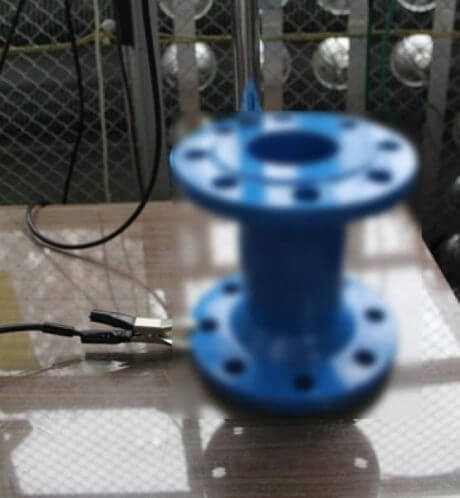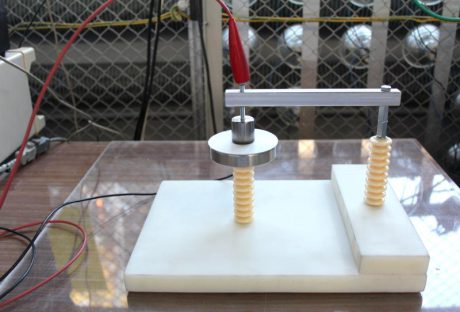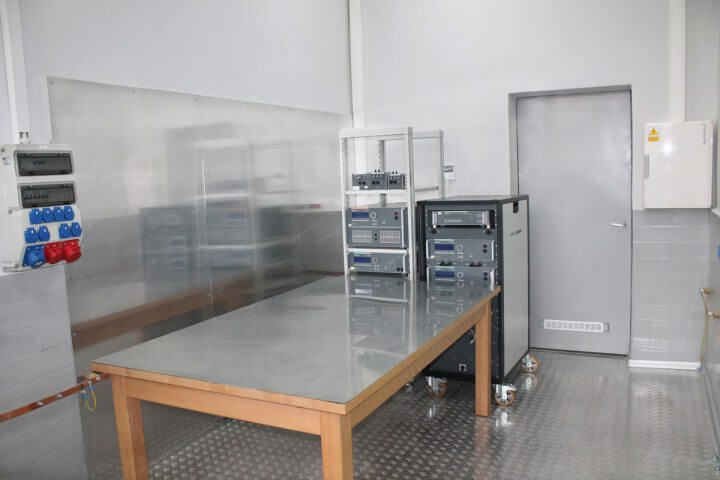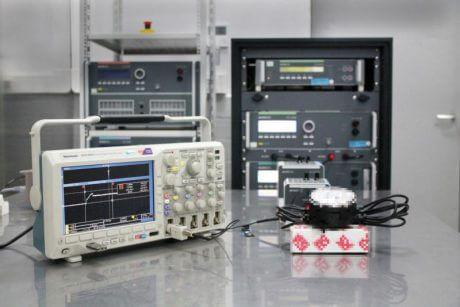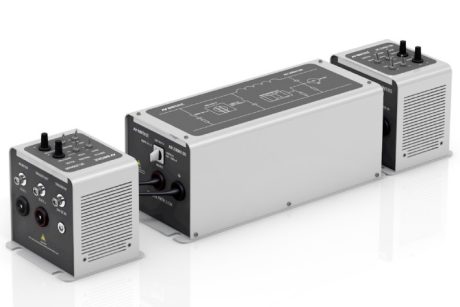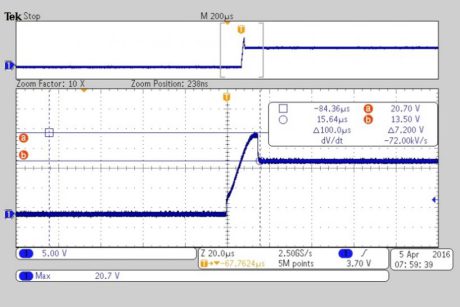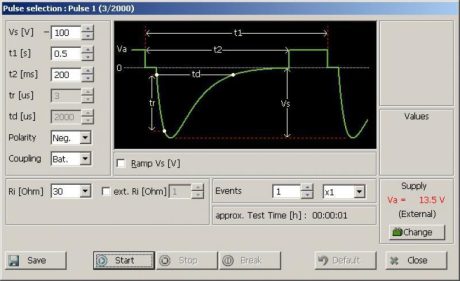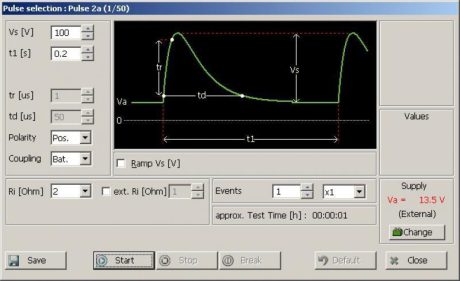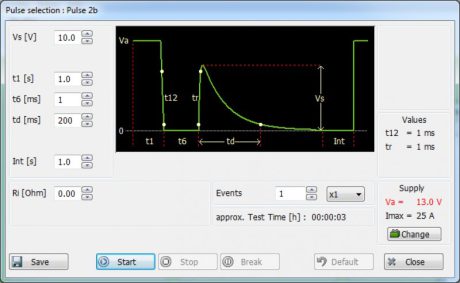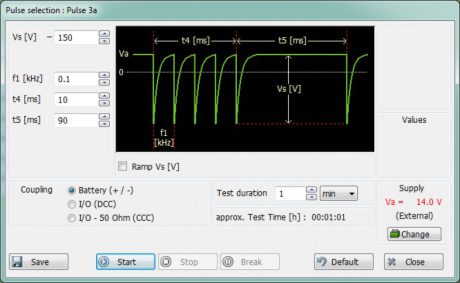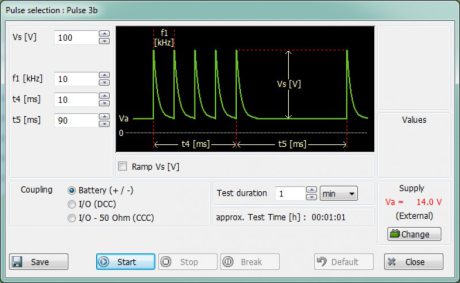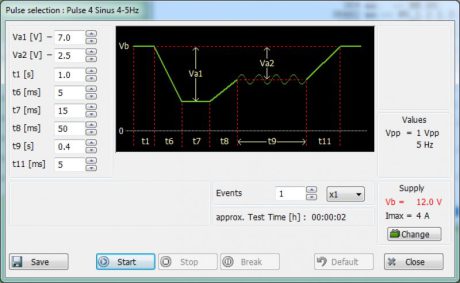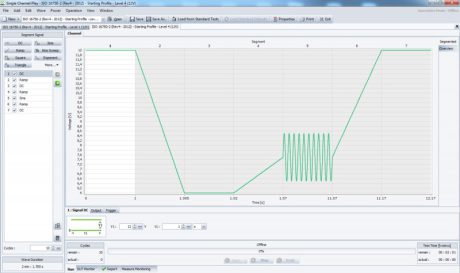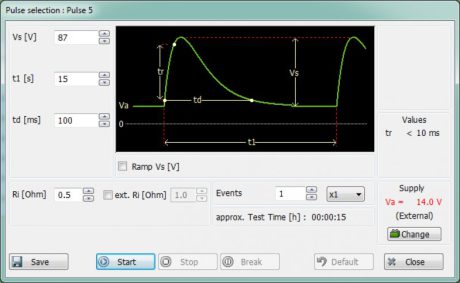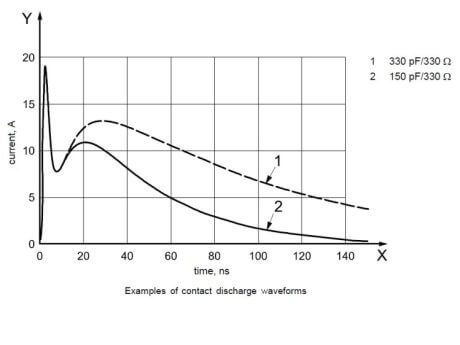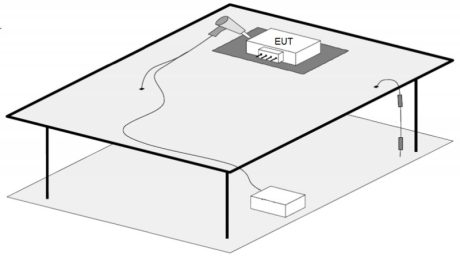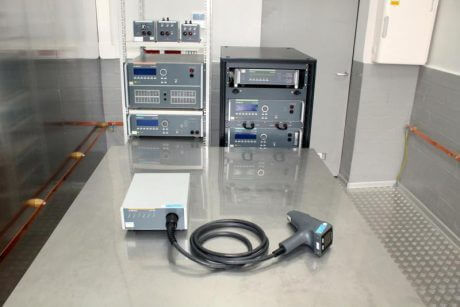Electrotechnical and electronic testing

We perform measurements of electrical and functional characteristics, EMC/ESD tests and durability tests for elements and assemblies of electrical and electronic equipment for vehicles, and other devices.
As part of the research on the properties of electroinsulating materials, we perform measurements of electrical characteristics (antistatic properties, high voltage tests) of plastic products, rubber, fabrics and textiles and other items used in components for vehicles and other equipment.
Measurements of electrical parameters and characteristics of electrical and electronic equipment
BOSMAL performs measurements of electrical parameters (power, current, resistance) of various types of electrical and electronic systems for vehicles.
Sample test types
- Measurements of batteries’ electrical parameters
- Measurements of electric fans’ electrical parameters and characteristics
- Measurements of glass windows’ electrical parameters
- Measurements of sensors and transducers’ electrical parameters and characteristics
- Measurements of alternators’ electrical parameters
Testing the electrical properties of conductive, antistatic and insulating materials
Measurements of surface resistance, bulk resistance and insulation resistance of conductive, antistatic and insulating materials
BOSMAL conducts measurements of surface, bulk and insulation resistance of conductive, antistatic and insulating materials in the range up to 1016 Ω at voltages of up to 1 kV (DC).
Measurements of the electrical durability of insulating materials
Measurements of the electrical durability of insulating materials are performed in the following ranges:
- 0 – 40 kVRMS (AC)
- 0 – 8 kV (DC)
Norms
Testing is carried out in accordance with:
- PN-EN 60243-1
- PN-EN 60243-2
- ISO 16750-2
- others
Electrical tests, EMC and ESD
EMC testing – Measurements of emissions of conductive interference in accordance with ISO 7637-2*
Test aim
The electrical and electronic equipment present in a vehicle, connected in many cases by means of long wiring harnesses, with a large number of connections, may experience mutual interference with each other through electrical interference transmitted by conduction along the power cables. In order to determine the nature and level of the interference, tests of emitted conductive interference are carried out.
*standard referred to in UNECE Regulation No. 10.
Test objects
Electrical and electronic devices mounted in automotive vehicles, powered with 12 V and 24 V DC current.
Test equipment setup
- grounded reference plane
- EmTest AN 200N100 artificial network
- EmTest BS 200N100 electronic switch
- EmTest BSM 200N40 mechanical switch
- EmTest CA BS 200 N – reference load for BS 200N100
- Tektronix MSO3054 oscilloscope
EMC testing – Transient response test in accordance with ISO 7637-2 *
Test aim
Checking the vehicular electronic equipment using strictly defined test pulses, thus reflecting the voltage waveforms occurring in the on-board electrical system of the vehicle.
Test objects
Electrical and electronic devices mounted in automotive vehicles, powered with 12 V and 24 V DC current.
Test impluses
1, 2a, 2b, 3a, 3b in accordance with ISO 7637-2; also “Starting Profile” (impulse 4) and “Load Dump A and B” (impulses 5a, 5b) in accordance with ISO 16750-2**
*standard referred to in UNECE Regulation No. 10
** standard referred to in ISO 7637-2
-
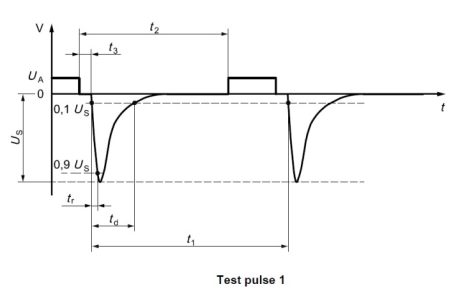
Pulse 1 in accordance with ISO 7637 -
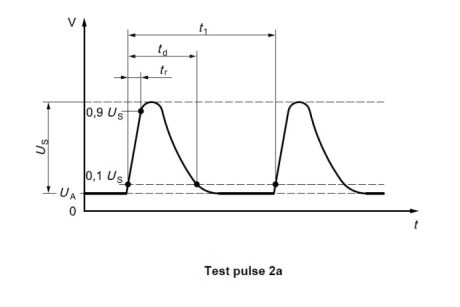
Pulse 2a in accordance with ISO 7637 -
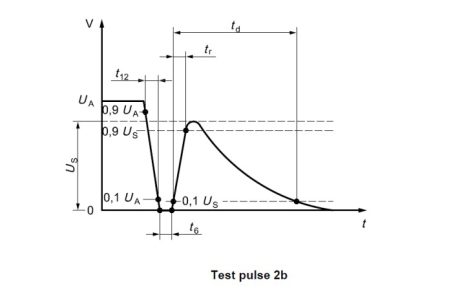
Pulse 2b in accordance with ISO 7637 -
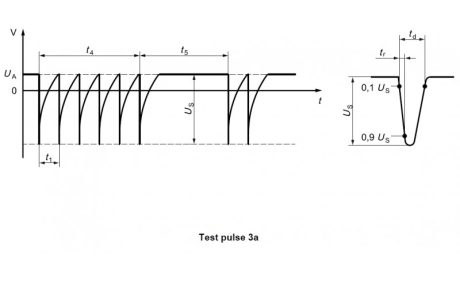
Pulse 3a in accordance with ISO 7637 -
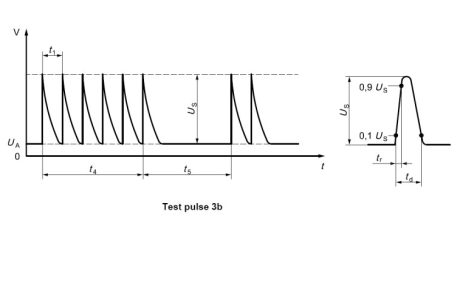
Pulse 3b in accordance with ISO 7637 -
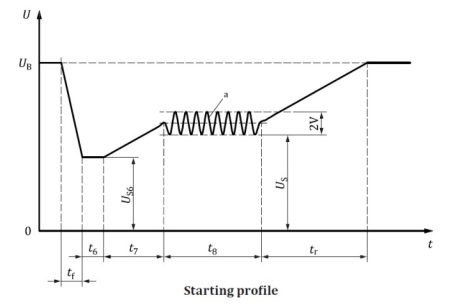
Starting profile pulse in accordance with ISO 16750-2 -
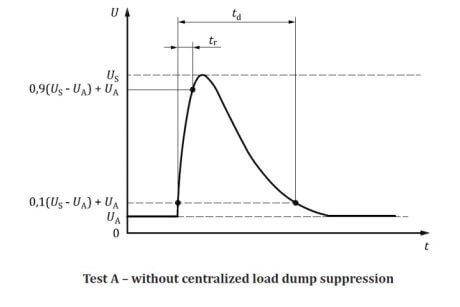
Load dump test A profile in accordance with ISO 16750-2 -
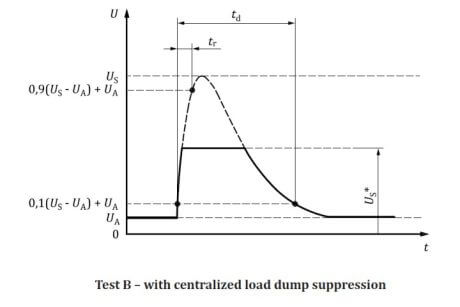
Load dump test B profile in accordance with ISO 16750-2
The waveforms generated by device control environments: ISO.CONTROL, AutoWave CONTROL
Measuring equipment produced by EmTest
- grounded reference plane
- generators realizing test pulses:
- EmTest UCS 200 N,
- EmTest VDS 200 N,
- EmTest LD 200 N,
- ISO.CONTROL, AutoWave CONTROL environment.
Norms
We carry out testing according to:
- international standards: ISO 7637-2, ISO 16750-2
- various automotive industry manufacturer standards: VW (VW 8000), Audi, PSA (PSA B21 7090), Fiat (FIAT 9.90110)***
*** Customer for provide norms for testing
ESD Testing – Test of resistance to electrostatic discharge
Test aim
Checking the behaviour of electronic equipment in response to the rapid flow of electric charge between bodies with different electrostatic potentials in close proximity (or direct contact).
Test objects
Electrical and electronic equipment for a wide range of applications.
Testing levels
Testing levels in accordance with ISO 10605 and IEC 61000-4-2 – up to 30 kV in both air and contact mode.
EmTest measurement apparatus
- grounded reference plane
- EmTest UCS 30 N generator compliant with EN/IEC 61000-4-2 Ed.1 and IEC 61000-4-2 Ed.2;
- ISO.CONTROL environment
Norms
We carry out testing according to:
- international standards: EN 61000-4-2, ISO 10605
- various automotive industry manufacturer standards: PSA (PSA B21 7110), VW (TL 824 66), GM (GMW 3097), among others***
*** Customer for provide norms for testing
Normy
- EN 61000-4-2
- General Specification for Electrical/Electronic Components and Subsystems, Electromagnetic Compatibility
- ISO 10605
- ISO 16750-2
- ISO 7637-2
- PSA B21 7110
- Regulamin nr 10 EKG ONZ / Regulation No 10 UN/ECE / Regelung Nr. 10 UNECE
- TL 82466
Back
to top

